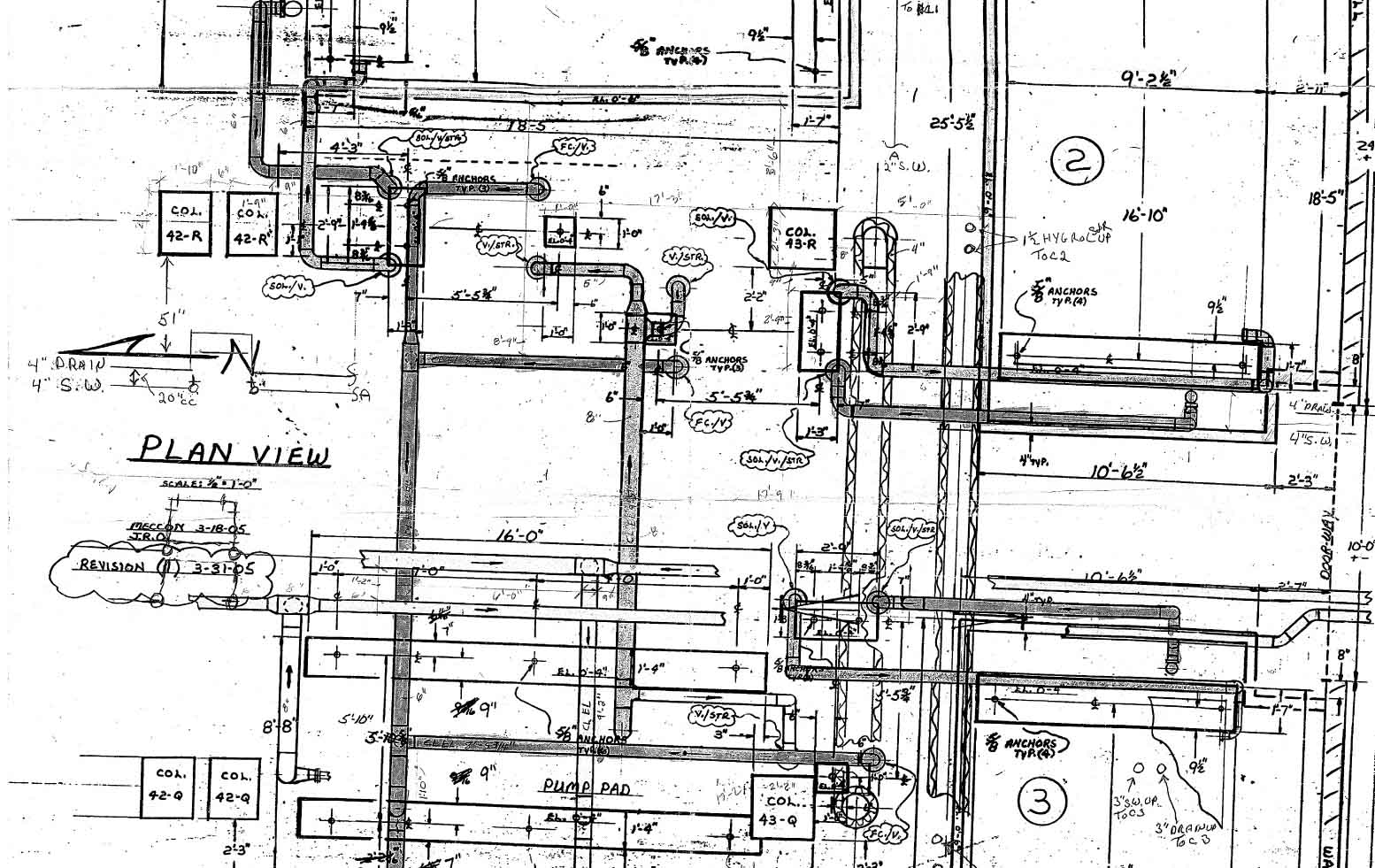
Most standard tank water heaters have a life expectancy of 10 to 15 years – but that’s no reason to just kick back and let your water heater run after installation.
Instead, you can help your system last longer and run more efficiently with just a little bit of regular home maintenance.
Ready to get the most out of your water heater? Here are three routine maintenance ideas that will keep your water heater running better, for longer:
1.) Insulate Your Unit
Sure, your water heater has built-in insulation – but will it be enough to keep your system running efficiently through a brutal Red Oak winter?
If you ever test your water heater and it feels warm or hot to the touch, then it’s a good idea to add insulation. Your heater is “running hot” because heat energy is escaping, causing your system to work even harder just to maintain your water temperature. The harder your system works (that is, the more energy it uses), the higher your energy bill will be each month.
Save the planet – and up to 10% on the running cost of your water heater – by insulating the unit with a water heater blanket and pipe-wrap, available at any hardware store (and often offered at deep discounts through many electric companies).
2.) Drain Your Water Heater Once a Year
Sediment buildup is one of the most annoying factors damaging your water heater (or at least turning it into a loud, grumbling behemoth). The good news? Draining your tank once a year will fight sediment buildup and improve the longevity of your water heater – and you can do it yourself if you’re extremely careful and vigilant.
Read the instructions on your unit extremely carefully before attempting to drain your water heater, and don’t hesitate to reach out to the pros if you have any questions or concerns. But if you are willing and able to go it alone, be sure to at least check out our guide on draining your water heater and checking on your pressure release valve.
3.) Check (Or Replace) the Anode Rod
The anode rod is designed to prevent your water heater from rusting – which means that it is the subject of some pretty significant wear and tear itself, often getting eaten away over its lifetime (and releasing a pretty foul odor, to boot). Taking some time to inspect and replace your anode rod when you do a system flush can make a big difference for your unit.
If you’re just looking to get rid of the “rotten egg” smell that a dissolving anode rod creates, we recommend cleaning your tank with a 3% hydrogen peroxide solution. Simply turn off your water supply, drain your hot water tank, and add one cup of peroxide for every ten gallons of your water heater’s size. From there, turn your cold water back on and let the unit sit to clear away the stinky bacteria.
While the DIY aficionados at This Old House offer a pretty great guide to replacing your anode rod, we suggest leaving it to the pros. Make sure that having your rod inspected and replaced is part of your home water heater maintenance visit, which you should schedule at least once a year.
Have any more questions about your water heater, or any other aspect of your plumbing? Looking for service right away? Combat Plumbing is here to help! Drop us a line, day or night, to get started.








